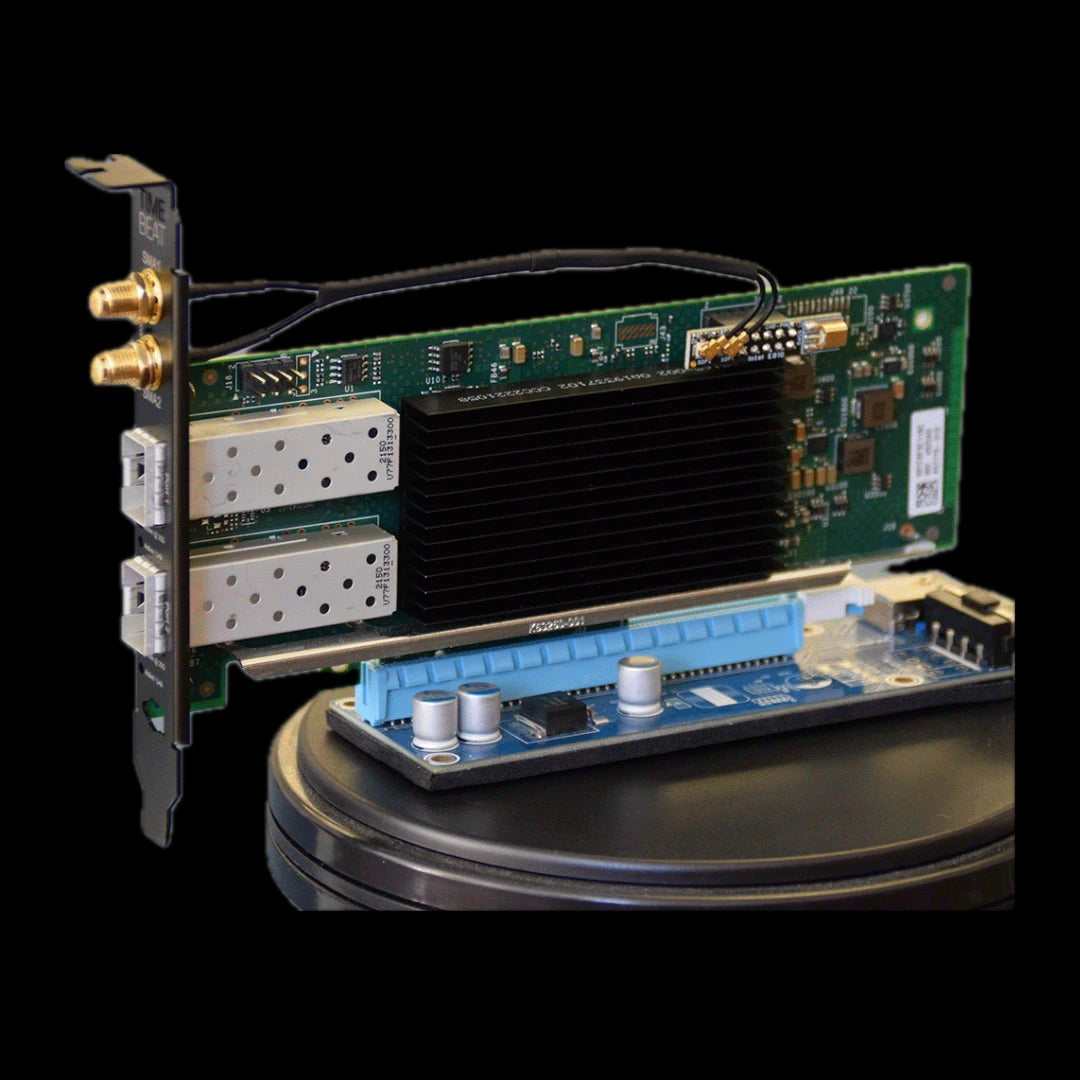EXTERNAL INTERFACES
PCI Express 3.1:
5GT/s Support for x1 width (Lane).
Network Interfaces:
Integrated MAC + BASE-T PHY.
MDI (Copper) standard IEEE 802.3 Ethernet interface for 2500BASE-T, 1000BASE-T, 100BASE-TX, and 10BASE-TE applications (802.3, 802.3u, 802.3bz, and 802.3ab).
ETHERNET FEATURES
IEEE 802.3 auto-negotiator:
Automatic link configuration for speed duplex and flow control
IEEE 802.3x and IEEE 802.3z compliant flow control support with software-controllable Rx thresholds and Tx pause frames:
Local control of network congestion levels.
Automatic cross-over detection function (MDI/ MDI-X):
Frame loss reduced from receive overruns.
IEEE 1588 protocol and 802.1AS implementation:
Time-stamping and synchronization of time sensitive applications.
Distribute common time to media devices.
Supporting Time Sensitive Networking (TSN) Capabilities:
IEEE 802.1Qbu, 802.3br, 802.1Qbv, 802.1AS-REV, 802.1p,Q, and 802.1Qav.
Supports Time-based transmission.
Any Tx and Rx queues can be used for scheduled traffic or best effort traffic.
Supports Forwarding and Queuing Enhancements for Time-Sensitive Streams.
STATELESS OFFLOADS AND PERFORMANCE FEATURES
TCP/UDP, IPv4 checksum offloads (Rx/ Tx):
Offloading capabilities and improved CPU usage.
Extended Tx descriptors.
Checksum and segmentation capability extended to new standard packet type.
Transmit Segmentation Offloading (TSO) (IPv4, IPv6):
Increased throughput and lower processor usage.
Interrupt throttling control:
Limits maximum interrupt rate and improves CPU usage.
Low-Latency Interrupts:
Based on the sensitivity of the incoming data, the controller can bypass the automatic moderation of time intervals between the interrupts.
Legacy and Message Signal Interrupt (MSI):
Interrupt mapping.
Message Signal Interrupt Extension (MSI-X):
Dynamic allocation of up to 5 vectors per port.
Scalable I/O for Linux environments (IPv4, IPv6, TCP/UDP):
Improves the system performance related to handling of network data on multiprocessor systems.
Support for packets up to 9.5 KB (Jumbo Frames):
Enables faster and more accurate throughput of data.
PCIe v3.1 support:
Includes additions to PCIe to support low power link states.
Descriptor ring management hardware for Transmit and Receive:
Optimized descriptor fetch and write-back for efficient system memory and PCIe bandwidth usage.















